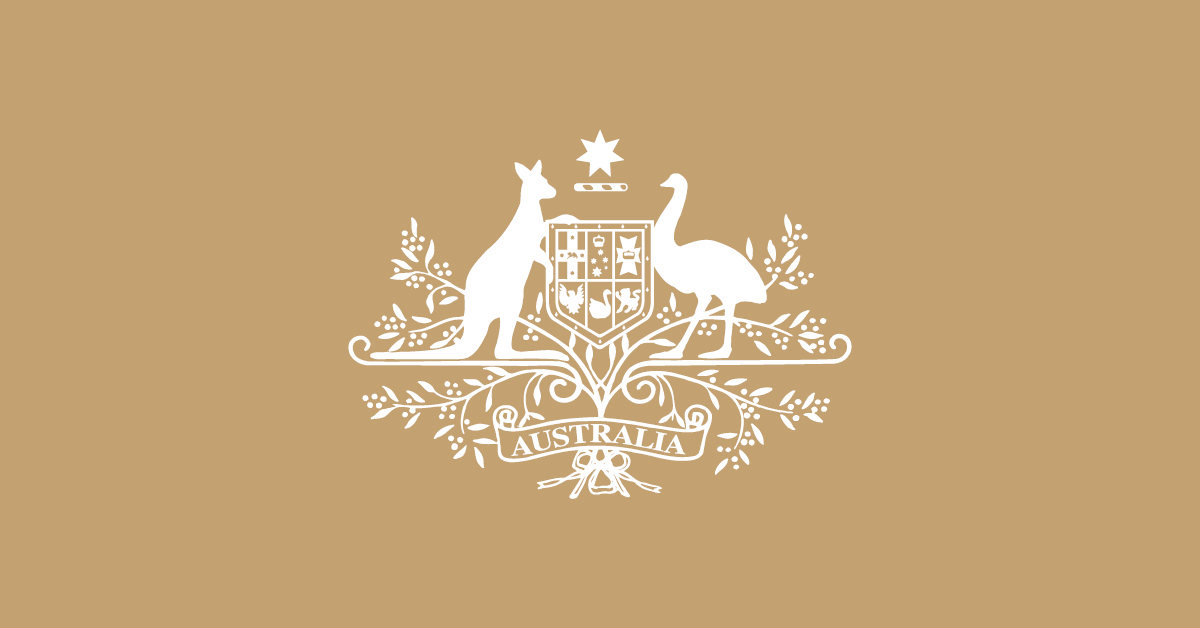
Universities Accord | Ministers’ Media Centre
Today I announced that I have appointed Professor Mary O’Kane AC to lead the team that will develop the Australian Universities Accord.
The Accord will build a long-term plan for Australia’s higher education system.
It is the first broad review of the higher education system since the Bradley Review – an opportunity to look at everything from funding and access, to affordability, transparency, regulation, employment conditions and how higher education and vocational education and training can and should work together.
Professor O’Kane is a former Vice-Chancellor of the University of Adelaide and NSW’s first Chief Scientist and Engineer as well as the first woman to be a Dean of Engineering at an Australian university.
Professor O’Kane will lead a team bringing together enormous experience, in our universities, in business and public policy:
- Professor Barney Glover AO, Vice-Chancellor of Western Sydney University, former Vice Chancellor of Charles Darwin University, former Deputy Vice-Chancellor of Research at the University of Newcastle and former Pro-Vice Chancellor Research and Development at Curtin University.
- Ms Shemara Wikramanayake, the first female Managing Director and Chief Executive Officer of Macquarie Group and a member of the former Government’s University Research Commercialisation Expert Panel.
- the Hon. Jenny Macklin, former Minister for Families, Community Services and Indigenous Affairs. The architect of Paid Parental Leave and the NDIS and instrumental in the National Apology to the Stolen Generations and Chair of a review into Victoria’s post-secondary education and training system – the Macklin Review.
- Professor Larissa Behrendt AO, the first Indigenous Australian to graduate from Harvard Law School. Larissa is a professor of law and the director of research and academic programs at the Jumbunna Institute for Indigenous Education and Research at the University of Technology Sydney. Larissa was also the Chair of the 2012 Review of Higher Education Access and Outcomes for Aboriginal and Torres Strait Islander People.
- the Hon Fiona Nash, Australia’s first Regional Education Commissioner, a former Senator for New South Wales, a former Minister for Regional Development, Regional Communications and Local Government and Territories and now Australia’s first Regional Education Commissioner.
The team represents a mix of experience in STEM and humanities, from our cities and our regions and from across the political divide.
I will also chair a Ministerial Reference Group that will act as a sounding board for the team and a source of advice.
It will include representatives of students and staff, business and industry groups, higher education and vocational education peak bodies, the Chief Scientist and other experts. I will announce the membership of the Ministerial Reference Group before Christmas.
An interim report will be provided to the Government in June next year with the final report due in December 2023.
Terms of Reference
Purpose of the Review
The Government has committed to establish an Australian Universities Accord to drive lasting reform in Australia’s higher education system. The Accord is a review of Australia’s higher education system, led by the Minister for Education with advice from a panel of eminent Australians.
The Panel will make recommendations for Government, the sector and other relevant stakeholders to deliver a higher education system that meets the current and future needs of the nation, and targets to achieve this.
The Panel will report to the Minister for Education, providing an interim report on priority actions by June 2023, with a final report to be delivered by December 2023.
Key areas for review:
- Enhance the delivery of quality education that meets the needs of students across all stages of lifelong learning and develops the skills needed now, and in the future. This will include recommendations for new targets and reforms recognising that more than nine in ten new jobs will require post-school qualifications, and fifty per cent of new jobs are expected to require a bachelor’s degree or higher.
- Access and opportunity
- Improve access to higher education, across teaching, learning and research. This will include recommendations for new targets and reforms to support greater access and participation for students from underrepresented backgrounds (including First Nations Australians, those from low socio-economic backgrounds, people with disability, and regional and rural Australians).
- Investment and affordability
- Explore funding and contribution arrangements that deliver equity, access, quality and longer-term investments to meet priorities in teaching, research, workforce and infrastructure. This will include a review of the Job-ready Graduates Package.
- Governance, accountability and community
- Enhance regulatory and workplace relations settings to support universities to meet their obligations to both staff and students.
- Explore the contribution that higher education makes to the Australian community, national security, and sovereign capability.
- The connection between the vocational education and training and higher education systems
- Explore possible opportunities to support greater engagement and alignment between the vocational education and training (VET) and higher education systems. In particular, the panel will have regard to the experience of students in navigating these systems and ensuring a cohesive and connected tertiary education system.
- Quality and sustainability
- Examine the challenges faced by domestic and international students and staff due to the COVID-19 pandemic and the temporary and permanent impacts on the way the higher education sector works.
- Support a competitive and resilient international education sector, reflecting the important role international students play in our society and economy, and Australia’s interest in deepening partnerships abroad.
- Delivering new knowledge, innovation and capability
- Support a system of university research that delivers for Australia, securing the future of the Australian research pipeline, from basic and translational research to commercialisation. In doing so, the Accord will explore relevant initiatives and other opportunities and to further boost collaboration between universities and industry to drive greater commercial returns.
- The review will synchronise with the ARC Review and consider issues raised through that review and other areas of government that impact on the capacity of the higher education system to meet the nation’s current and future needs.
Consultation
The Panel will engage across all sectors and groups affected by higher education policy. This will include but is not limited to universities, higher education and VET providers, educators and researchers, students, parents, unions, business, State and Territory governments and groups who have been under-represented in higher education. A key aim of the consultation process will be to ensure the voices of First Nations Australians and people from under-represented groups are heard and reflected in the interim and final report.


